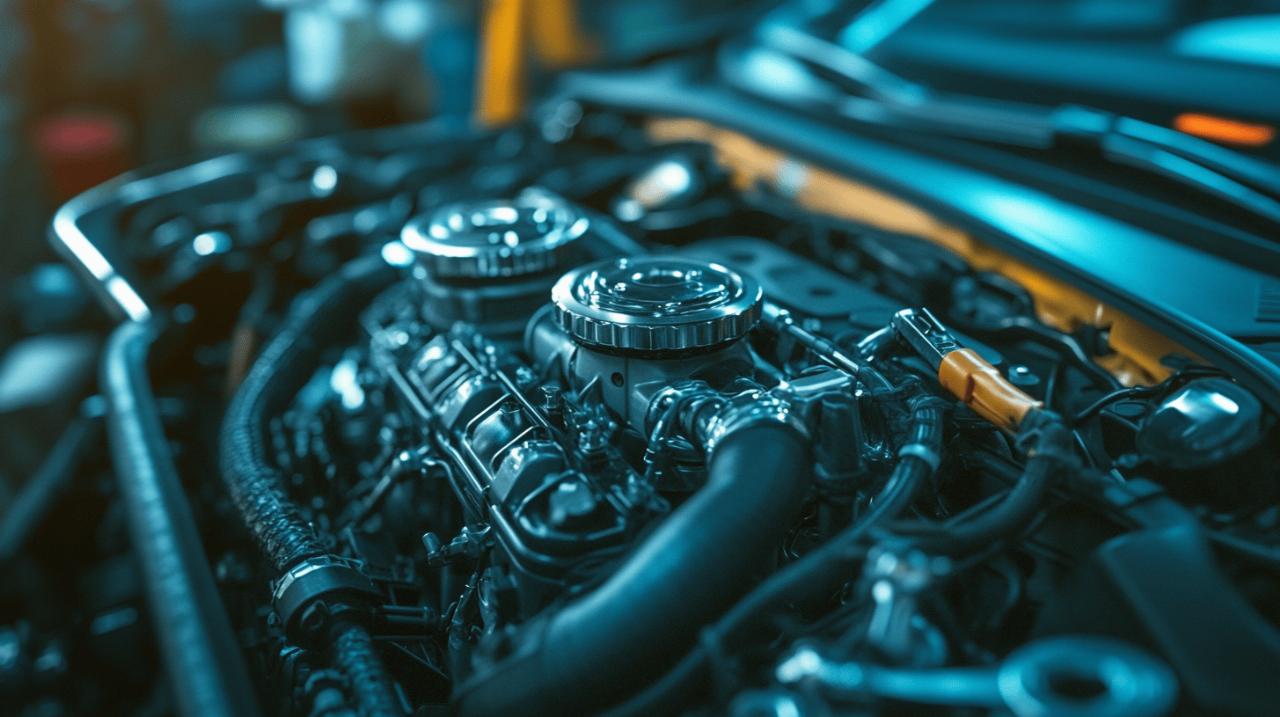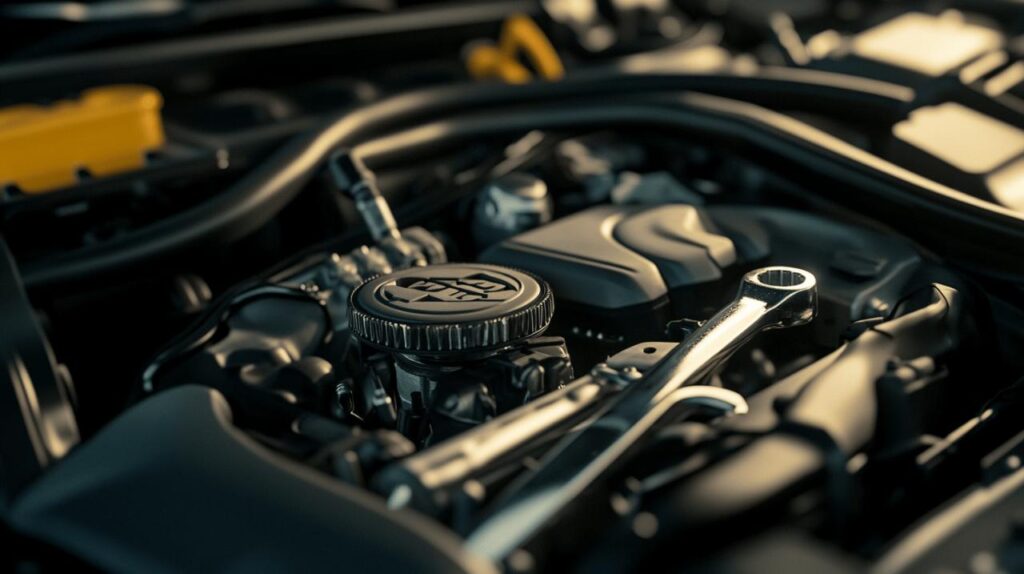Understanding how to properly maintain your turbocharger can significantly extend the life of your Peugeot 307 and prevent costly repairs down the road. This often-overlooked component plays a crucial role in your vehicle’s performance, particularly in diesel models where turbochargers are common. With the right care routine, you can keep your turbocharged engine running efficiently for many years.
Proper oil maintenance practices
Turbochargers operate at incredibly high speeds and temperatures, making proper lubrication absolutely essential. For Peugeot 307 owners, maintaining the engine oil is the single most important aspect of turbocharger care. Information from https://www.auto-h-aus-europa.de/ and other automotive resources consistently highlights that inadequate oil maintenance is the leading cause of premature turbocharger failure.
Selecting the correct oil specification
Most Peugeot 307 models require either 5W-30 or 5W-40 engine oil, with an oil capacity ranging between 3.25 and 5 litres depending on your specific engine variant. Using the wrong oil type can lead to insufficient lubrication at the extremely high operating temperatures of the turbocharger. Always check your owner’s manual or consult with a Peugeot specialist to confirm the exact specification needed for your particular model and engine combination.
Establishing a regular oil change schedule
For turbocharged Peugeot 307s, following the manufacturer’s recommended service intervals is absolutely crucial. Petrol models typically need servicing every 20,000 miles or 2 years, while direct injection diesel models require more frequent attention at 12,000 miles or 2 years. However, for vehicles with turbochargers, many experts suggest more frequent oil changes than the standard service schedule. An interim oil service every 10,000 miles for petrol and 6,000 miles for diesel engines helps ensure optimal turbocharger protection and longevity.
Cooling down procedures
One of the most overlooked aspects of turbocharger care involves how you end your journeys, particularly after high-speed or demanding drives.
Why idling after long drives matters
After a long motorway journey or any driving that has worked the engine hard, allowing your Peugeot 307 to idle for approximately 30 seconds to two minutes before switching off provides essential cooling time for your turbocharger. This cooling period allows the turbo to slow down gradually while still receiving oil circulation, rather than stopping abruptly. This simple habit can dramatically extend turbocharger life by preventing thermal shock to the components that might still be operating at extremely high temperatures.
Preventing oil coking and bearing damage
When you immediately shut off your engine after hard driving, the turbocharger can remain extremely hot while the oil flow stops. This can cause the remaining oil in the turbo to carbonize or ‘coke’ on the bearings and shafts. Over time, this buildup leads to bearing wear and eventual failure. The few minutes of cooling time allows oil temperatures to normalize and prevents this damaging oil coking process, preserving the precision components inside your turbocharger.
Air filter care and replacement
The air filter serves as the first line of defense for your turbocharger, preventing debris and contaminants from entering and potentially causing damage to the compressor wheel. 
Inspection frequency guidelines
For Peugeot 307 owners, inspecting the air filter should become a regular maintenance habit. A good rule of thumb is to visually check your air filter every 5,000 miles or whenever you perform an oil change. The environment where you primarily drive affects how quickly your filter gets dirty. Urban environments with more pollution or rural areas with more dust will require more frequent inspections and potentially more frequent replacements.
Signs your air filter needs changing
When examining your air filter, look for visible dirt accumulation, discoloration, or any tears in the filter material. A clogged air filter can reduce turbocharger efficiency and engine performance, resulting in reduced power, poorer fuel economy, and potentially causing your turbocharger to work harder than necessary. If you notice your Peugeot 307 showing signs of reduced acceleration or unusual noises from the engine bay, checking the air filter should be one of your first diagnostic steps.
Detecting and addressing leaks
Turbocharger systems involve multiple connections for oil and air, all of which are potential leak points that require monitoring.
Common leak points in turbocharger systems
In the Peugeot 307, typical leak locations include the oil feed and return lines to the turbocharger, intercooler connections, and various gaskets and seals throughout the system. Oil leaks are particularly concerning as they can lead to both lubrication issues and potential fire hazards due to oil contacting hot exhaust components. Air leaks often occur at the joints between the turbocharger and intercooler or between the intercooler and intake manifold, causing reduced boost pressure and performance.
Diy leak checks for peugeot 307 owners
Regular visual inspections under the bonnet can help identify leaks before they become serious problems. Look for oil residue around the turbocharger mounting and associated pipes. For air leaks, listen for unusual whistling noises when the engine is under load, which often indicates escaping boost pressure. A simple test involves checking all turbo system hoses and connections for tightness and integrity. Any soft or deteriorating rubber components should be replaced promptly to prevent unexpected failures while driving.
Recognising warning sounds
Your ears can be valuable diagnostic tools when it comes to identifying early turbocharger issues in your Peugeot 307.
Interpreting different turbocharger noises
A healthy turbocharger typically produces a subtle whistling sound during acceleration. However, certain noises indicate developing problems. A loud, high-pitched whistling or screaming noise might suggest an air leak or a problem with the wastegate. A grinding or rattling sound often indicates bearing wear or damage to the turbine or compressor wheels. Any metallic scratching noises are particularly alarming and likely indicate that internal components are making contact when they should not be.
When to seek professional assistance
While some maintenance tasks can be handled by knowledgeable Peugeot 307 owners, certain situations demand professional intervention. If you hear any unusual noises from the turbocharger area, notice blue smoke from the exhaust, experience a significant loss of power, or observe oil leaking from the turbo, these are serious warning signs. Modern turbochargers are precision-engineered components with extremely tight tolerances, and attempting major repairs without specialist equipment and knowledge can lead to further damage. At the first sign of these symptoms, consulting with a qualified mechanic familiar with Peugeot turbocharger systems will save you from potentially more expensive repairs later.

